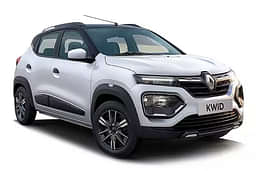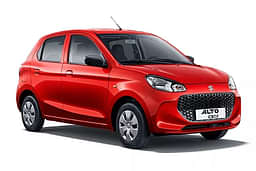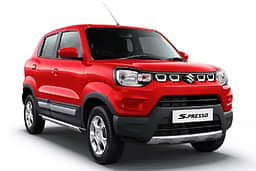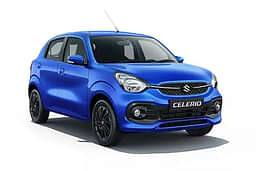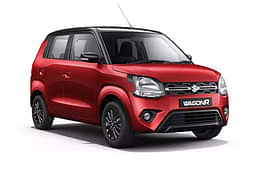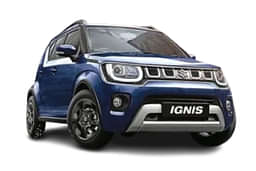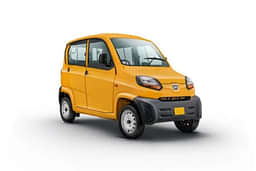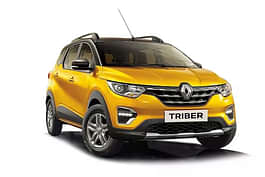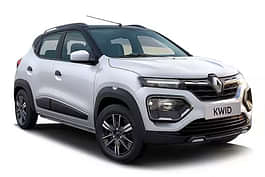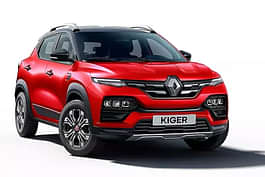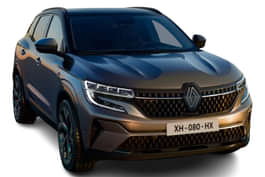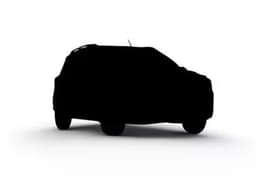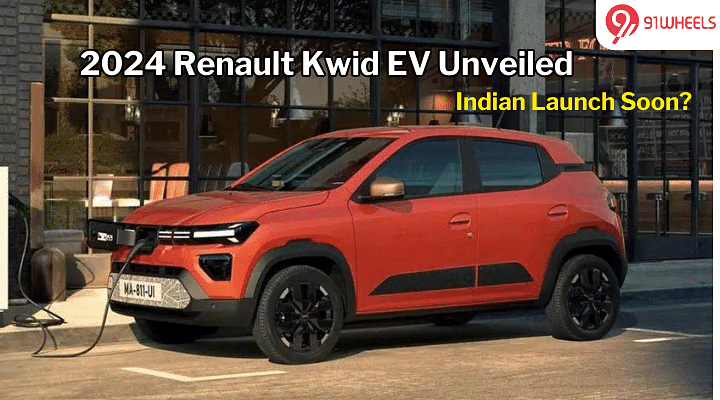
KEY HIGHLIGHTS
- 2024 Dacia Spring EV revealed globally
- Based on the Renault Kwid EV
- Read all details below
Dacia, Renault's sister brand, has unveiled the 2024 Spring EV, the second-generation model based on the Renault Kwid EV. It features a thoroughly redesigned exterior and an entirely new interior, offering enhanced equipment compared to its predecessor. But before we delve into further details, make sure to join our 91Wheels WhatsApp Group for the latest automotive updates.
Also Read- Ford Endeavour To Return Soon: What To Expect From The Fortuner Rival
Exterior Styling
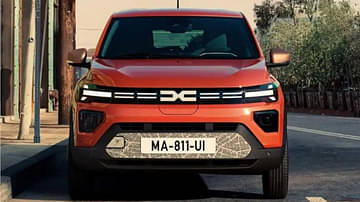
Ditching its basic look, the Dacia Spring (essentially a revamped Renault City K-ZE, the electric Renault Kwid ) has undergone a significant transformation. The new design exudes sophistication and premium vibes, drawing inspiration from the Duster with its Dacia logo, Y-shaped LED DRLs, and flared wheel arches. Even the rear gets an upgrade with a bold "DACIA" inscription connecting the Y-shaped LED tail lights.
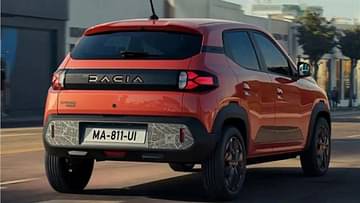
While the rear bumper undergoes minor tweaks, the tail-lamps carry over their form but shine now with new Y-shaped LED lighting, channeling the Duster's spirit. They're linked by a sleek black panel on the tailgate. Both ends flaunt eye-catching mesh panels in a contrasting color, adding a touch of personality.
Interior & Features
The interior now takes cues from the Duster. A new steering wheel features integrated controls, while the 10.1 inch infotainment screen with wireless updates and climate panel seem like direct imports from its bigger brother. Thankfully, a sea of physical buttons ensures intuitive use. Taking another cue from the Duster, the Spring EV offers unique accessory mounts and a handy passenger-side shelf, boosting both style and practicality.
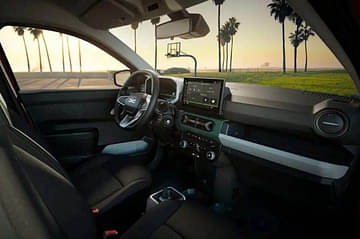
The Spring EV is equipped with advanced driver assistance systems like lane-keeping assistance, advanced emergency braking, and a driver attention monitoring system. A dedicated 'My Safety' button allows quick access to ADAS settings if needed. Standard features include dual airbags and ABS.
Powertrain Options:
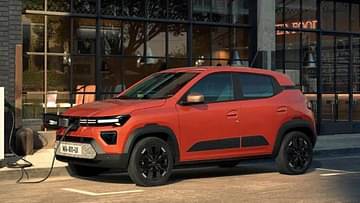
Despite the fresh facade, the Spring stays familiar under the hood. A single electric motor (45hp or 65hp) propels the front wheels, with the latter taking its sweet 13.7 seconds to reach 100kph. Fueling this is a compact 26.8kWh battery, keeping the Spring's weight light (984kg, just 6kg heavier than before) and promising a claimed range of over 220km. Charging options differ: 11kW AC for the 45hp, while the 65hp benefits from standard 30kW DC fast charging. So, while the design wows, the mechanics prioritize practicality and affordability.
Also Read- Mahindra Thar Crosses 70,000 Open Bookings In February 2024
India Launch: A Spark of Hope?
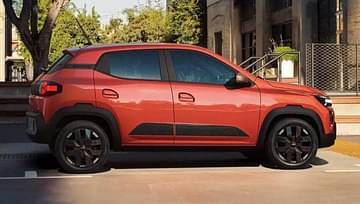
While an official announcement is awaited, the possibility of the Spring arriving as the Kwid EV in India remains intriguing. The growing electric vehicle market, coupled with the existing Kwid's popularity, makes it a tempting proposition for Renault. While there have been indications of an entry-level EV for India by Renault, the picture still remains foggy. If it enters India, it will directly rival the electric movers like Tata Tiago EV and the MG Comet EV.
Verdict
The Indian market is opening upto EVs with adoption rate slowly rising. However, questions swirl around its potential success. Will the premium design and features resonate with Indian customers? Will the limited range be a deterrent? Only time will tell if the revamped Kwid EV (Dacia Spring) manages to spark a new chapter for Renault in India if it arrives in India. Although, keeping a competitive price point will help it to aquire more customers in a relatively shorter period.
